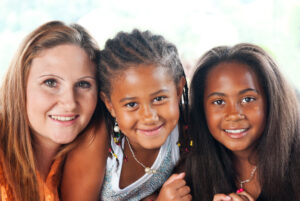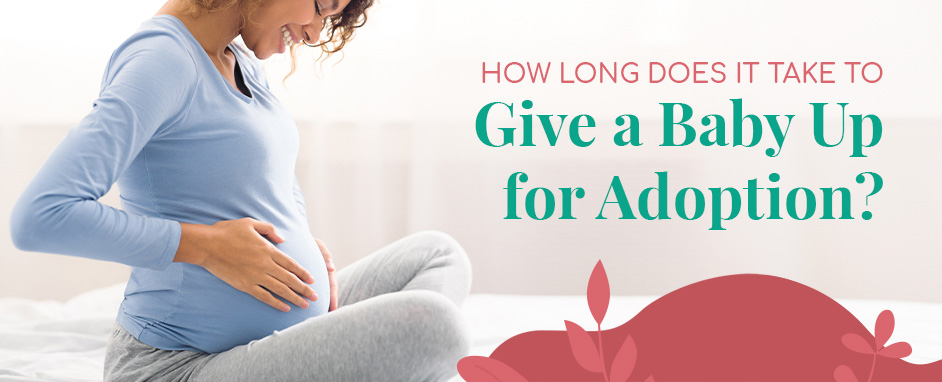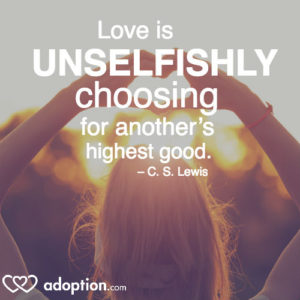June 05, 2018
Want to Adopt Transracially? Ask Yourself These Questions First
Transracial adoption is a vital topic right now because conversations about race in America are front and center, threading through every aspect of our lives. And for good reason. America has had profound issues with race since the inception of the country. Which is why choosing to adopt transracially, while wonderful and important, cannot come without immense thought and consideration about what you are prepared to take on. It puts you in the position to shape the life of a child whose reality is very different from yours, and that is no small responsibility.
All adoptions have their challenges. All families have their challenges! But transracial adoption is a very special situation, especially if you do not have someone in the family of the same race as your child. If that’s the case, you don’t have someone who comes from that culture to offer perspective, or to share their experience. There is no one to mirror for your child what it is like to live in the world with their skin color. The cultural biases of your family will be out of balance, and while that’s certainly not a deal breaker, it does mean that there are very specific and serious things you must consider before formally committing to transracial adoption.
Here are a few questions to ask yourself before choosing transracial adoption:
Are you prepared to talk about race and racism? Not just with your child, but with everyone?
What does white supremacy/privilege mean to you? How do you see that impacting your child?
Are you prepared to educate your child on the full history of their race in this country, and beyond?
How will you address racism toward your child from friends, family members, and strangers?
Do you have friends, or anyone in your close community, who shares the same race as your child?
Why is adopting a child of another race important to you? What do you truly want for them, and what you do want for yourself?
How will you integrate your child’s culture and race into your family?
Are you prepared for the different levels of privilege you and your child may share?
What kind of community will your child have in your community (including family, friends, schools — everything)? Is there racism in your community?
How will you restructure your family’s communication, traditions, cultural activities, etc. so that your family can better adapt to your child’s needs and realities?
Are you prepared to ask for help when you need it? What resources are available to you?
Are you prepared to be an advocate for your child’s race, and for transracial adoption? What does that advocacy mean to you?
If any of these questions make you feel uncomfortable, or you don’t have an answer, you it’s your responsibility to get to the root of that and consider whether or not you’re ready to for transracial adoption. You don’t need to have all the answers right now. But these are important questions to consider, and your preparedness will dramatically affect your child’s quality of life and how they’re able to move through this world.



